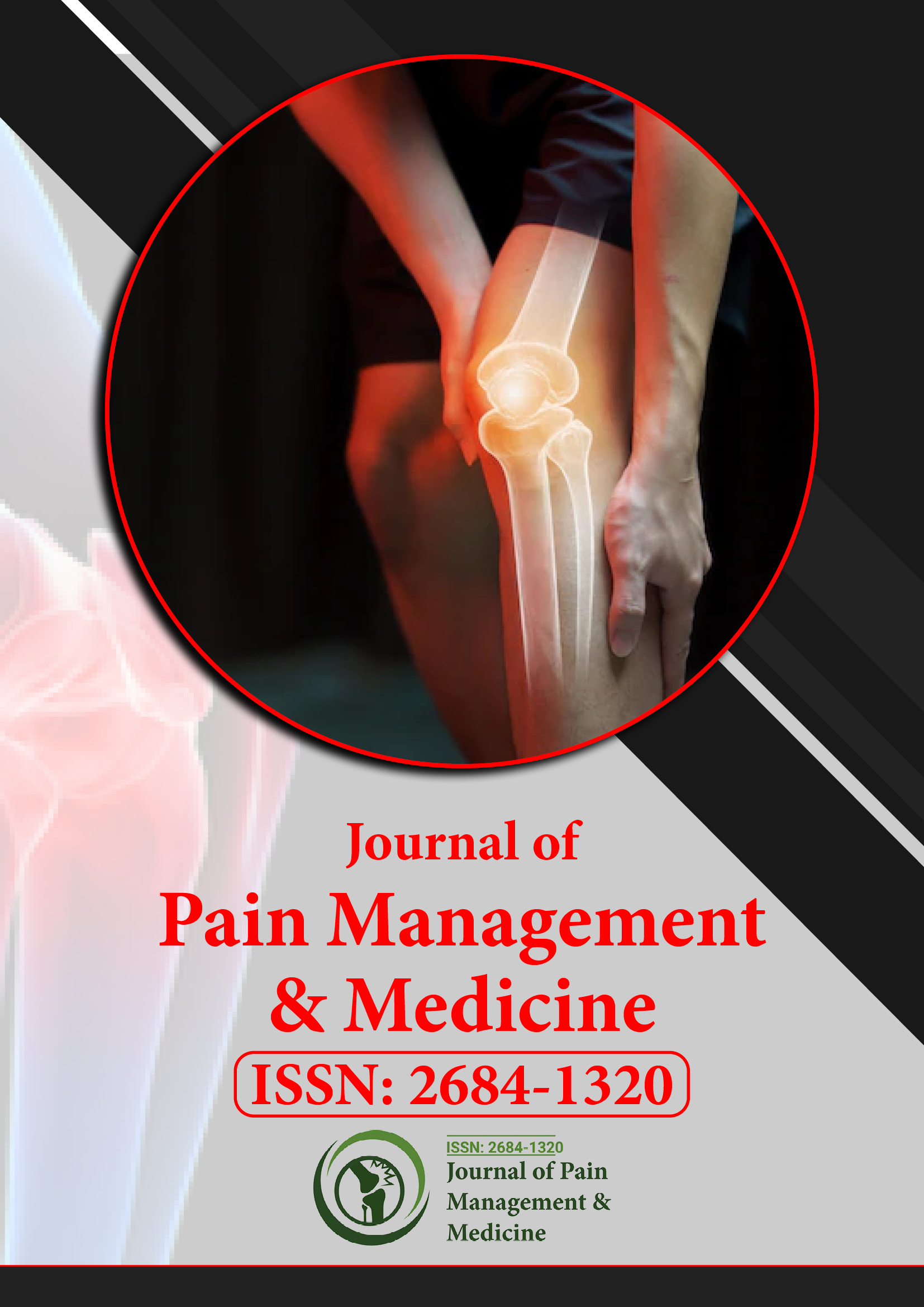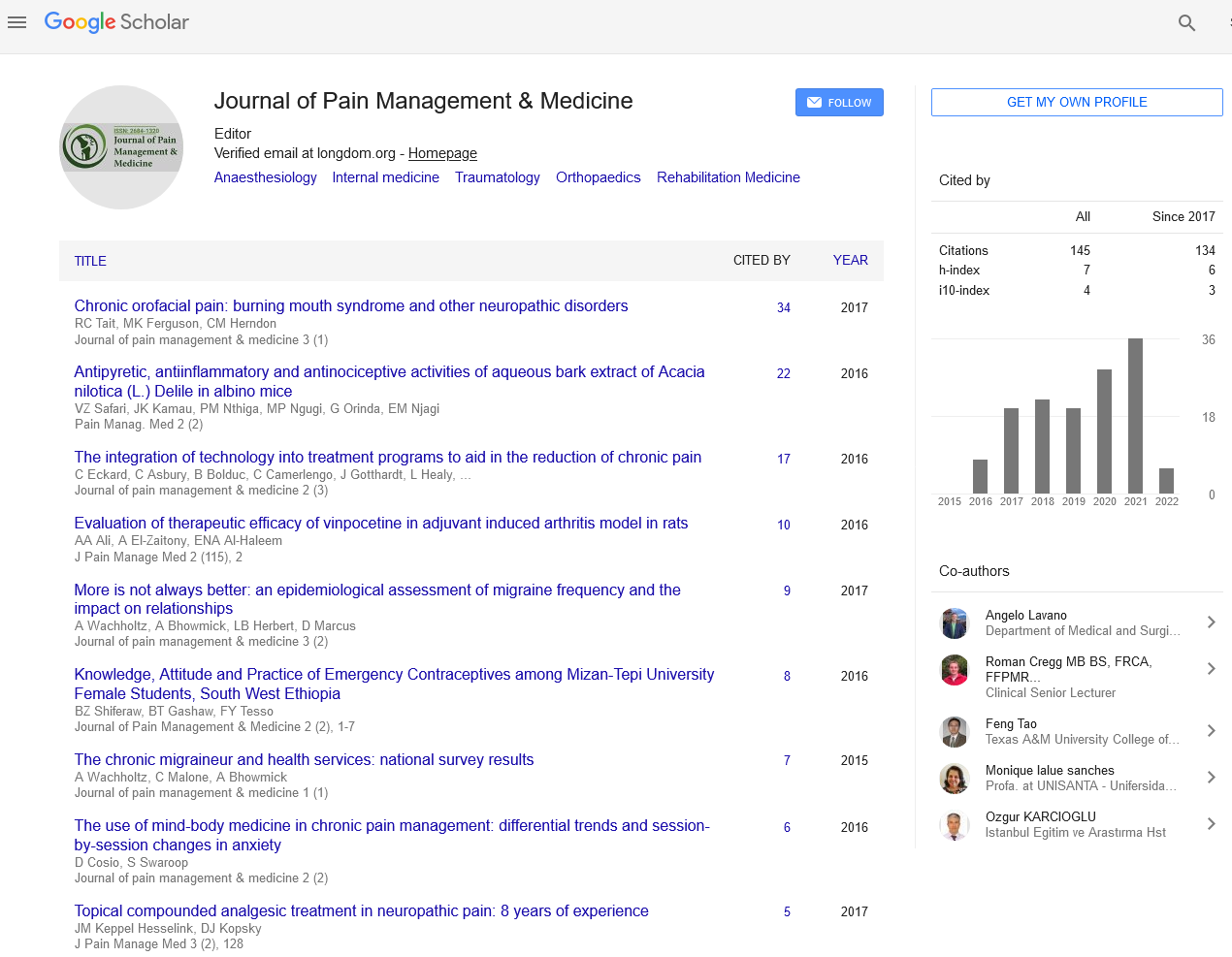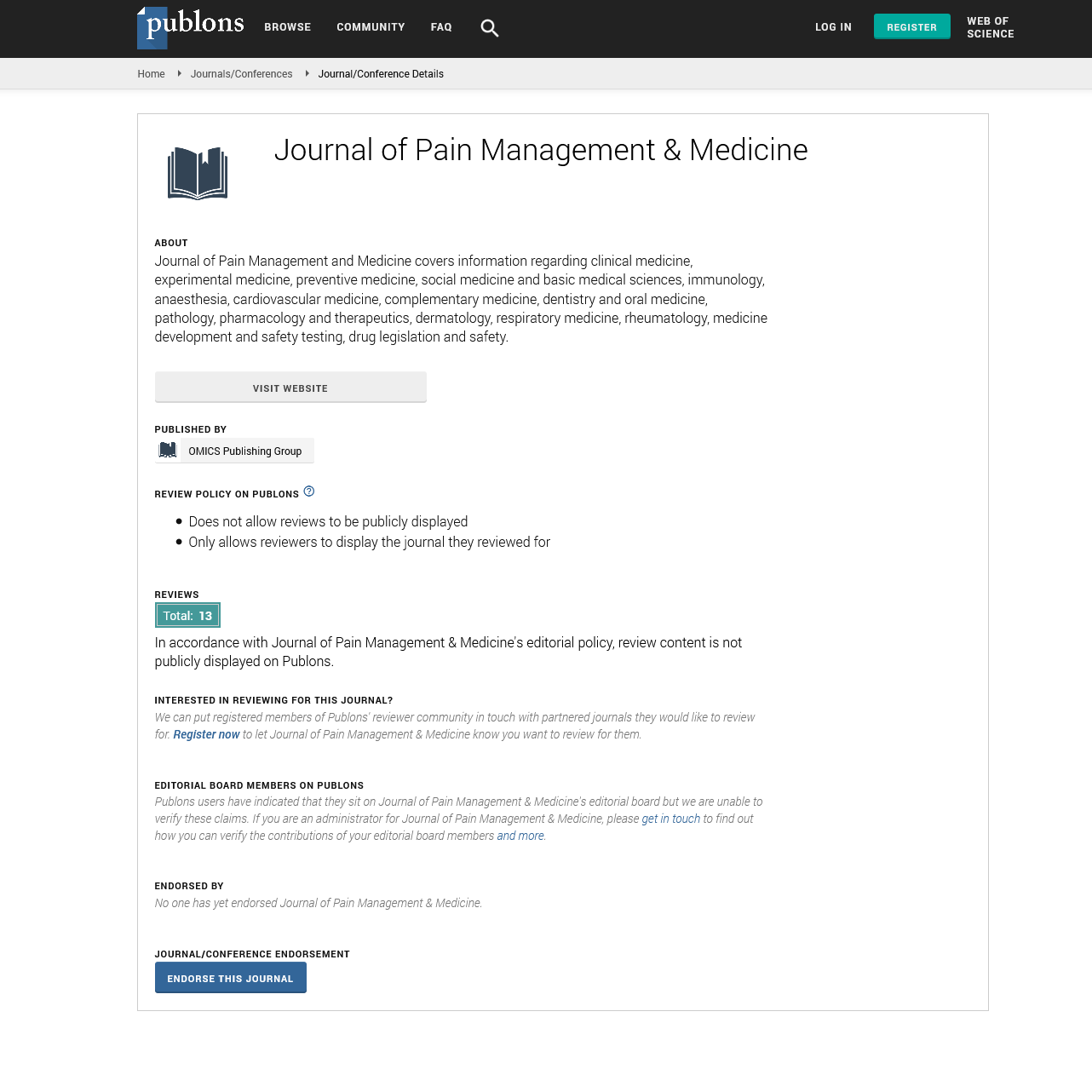Indexed In
- RefSeek
- Hamdard University
- EBSCO A-Z
- Publons
- Euro Pub
- Google Scholar
- Quality Open Access Market
Useful Links
Share This Page
Journal Flyer

Open Access Journals
- Agri and Aquaculture
- Biochemistry
- Bioinformatics & Systems Biology
- Business & Management
- Chemistry
- Clinical Sciences
- Engineering
- Food & Nutrition
- General Science
- Genetics & Molecular Biology
- Immunology & Microbiology
- Medical Sciences
- Neuroscience & Psychology
- Nursing & Health Care
- Pharmaceutical Sciences
Short Communication - (2021) Volume 0, Issue 0
What a Delirium: A Personal Experience
Rune Arild Larsen*Received: 11-Mar-2021 Published: 31-Mar-2021, DOI: 10.35248/2684-1320.21.S1.001
Description
Delirium is a frequent complication in a wide range of diseases and trauma. The author got an urine tract infection, during the course he developed delirium. This is his own recall of the episode.
To be admitted to your teaching hospital is not very attractive, so I hesitated for a long time. But after some hours I realized that I would have admitted every other patient.
The staff ordered an ultrasound examination, and before I was brought down to the radiologic department I started shivering. In the elevator I got a very strange feeling that everything was not ok.
Coming out of the elevator, I thought that I was lured into a trap, an ANTI-HOSPITAL. The basis of the ANTI-HOSPITAL was to execute doctors who had been in charge when patients died, to help the relatives in their grieve. The government had just instituted a new law that gave the relatives that privilege. The relatives were to be situated in an auditorium to watch the process.
In the beginning, I was not afraid, just angry because I had only tried to do my best. It was getting darker and darker; I barely could see some shadows surrounding me.
I felt that I was strapped to a bed, and got something up my nose. Somebody placed a thing in my ear, and said: “He’s got 41, 3.” OK, I thought, they are going to boil me. I observed that they collected an arterial blood sample, and put wet blankets on my body. I decided that I would fight for my life, but after a while I began wondering if it was possible to shut down voluntarily, or if I just had to stay on in the torture. They started to talk about ICU, and I thought that it was only because they didn’t want the process of death to go too quickly.
After a while it started to get lighter, and one of the doctors asked me of my name. I was unsure if it was wise to answer, signaling only that I could stay for more torture. In the end I said my name. He told me that I have had an infectious episode, and that they had control. This was the first time I was afraid, realizing that I was very ill.
With the right antibiotics I recovered in a few days. I have since used the story several times in education, I think that’s been a good debrief.
I learned a few things of this episode. As a doctor, it is dangerous to think that the ordinary medical routines do not apply to yourself. I was also surprised over how systematic I was thinking. Although the basis was wrong I tried to figure out the best response all the time. It was not so chaotic that I would expect. I am also thankful that I was not given any medication to “calm me”. It is very common to administer antipsychotic in such an event, but the scientific basis for that is very scarce [1-3].
As soon as the temperature was lowered, I was able to understand fully what had been going on. After all, this episode has changed the way I treat confused patients.
REFERENCES
- Burry L, Mehta S, Perreault MM, Luxenberg JS, Siddiqi N, Hutton B, et.al. Antipsychotics to treat delirium in hospitalised patients, not including those in intensive care units. John Wiley & Sons. 2018;6(6): 2-3
- Herling SF, Greve IE, Vasilevskis EE, Egerod I, Mortensen CB, Møller AM, et.al. Interventions for preventing intensive care unit delirium in adults. (11th edn), John Wiley & Sons, London, England, 2018:1-92
- Zayed Y, Barbarawi M, Kheiri B, Banifadel M, Haykal T, Chahine A, et.al. Haloperidol for the management of delirium in adult intensive care unit patients: A systematic review and meta-analysis of randomized controlled trials. J Crit Care. 2019;50:280-286
Citation: Larsen RA (2021) What a Delirium: A Personal Experience. J Pain Manage Med. S1:001
Copyright: © 2021 Larsen RA. This is an open-access article distributed under the terms of the Creative Commons Attribution License, which permits unrestricted use, distribution, and reproduction in any medium, provided the original author and source are credited


